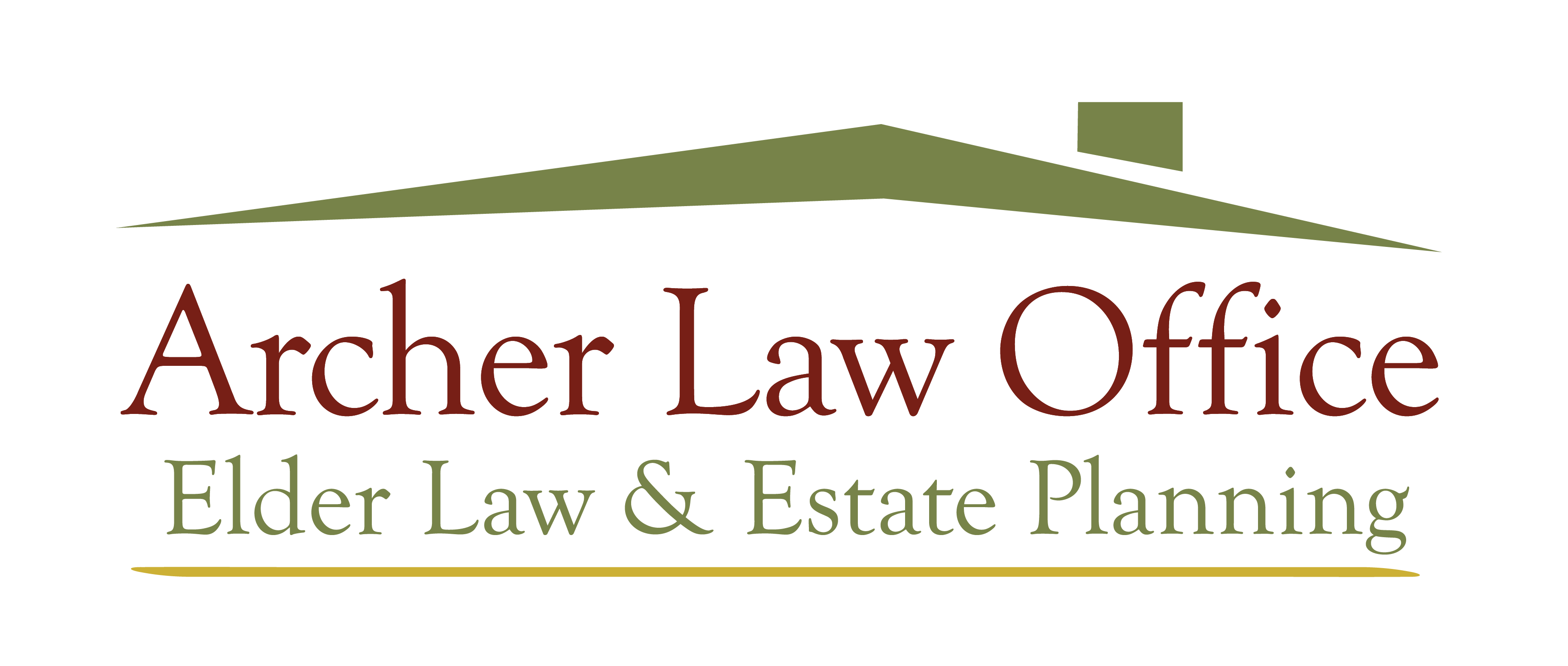
This post is meant to act as a guide on the basics on what to do if a loved one passes away while on Medicaid, and the State of New Jersey seeks to recover from their estate.
What is Medicaid Estate Recovery?
Medicaid Estate Recovery is a process where the state seeks to reclaim costs it spent on a person’s care from their estate after they pass away. This helps ensure that Medicaid can continue providing services to others in need. The Division of Medical Assistance and Health Services (DMAHS) in New Jersey handles this process, as authorized by both federal and state laws. When people in New Jersey refer to “Medicaid” as a governmental body, they are referring to DMAHS.
Medicaid Estate Recovery only affects those who received Medicaid benefits after turning 55 years old. If a person received services like nursing home care or home and community-based services, the state may seek to recover these costs from their estate up to the amount that Medicaid paid out for their care, but only against their estate. Since most people on Medicaid are required to have less than $2,000, this process is usually a non-issue.
What is Considered an Estate?
For Medicaid recovery purposes, an estate includes anything the deceased owned at the time of death. This can be the applicant’s home, which makes it critical to transfer the house to a spouse if possible, thus protecting it from estate recovery. An estate also includes financial accounts such as savings and checking accounts, whether held alone or jointly. This leads to essentially any financial assets the deceased had being up for grabs from the State. Please note, even if accounts have beneficiaries, they are still part of the decedent’s estate if the deceased’s name is on them.
Proceeds from life insurance policies go to the named beneficiaries and are not subject to estate recovery. However, if the policy is paid to the estate, it becomes recoverable. Likewise, annuities must name the State of New Jersey as the remainder beneficiary for the total amount of Medicaid assistance paid. If there is a surviving spouse or child, the state is named as the secondary beneficiary.
When Does Recovery Happen?
The timing of Medicaid estate recovery can vary. If there is no surviving spouse, child under 21, or a child who is blind or permanently disabled, the state will seek recovery right away. If there is a surviving spouse or a qualifying child, recovery is postponed until their death. DMAHS might put a lien on the property, which means they claim it to secure the debt. However, they won’t enforce this lien until the property is sold or the resident family member dies or moves out.
However, there are a few exceptions where recovery might be delayed or not pursued.
- If pursuing recovery would not be cost-effective, it might not be done;
- If the estate's property is the only source of income for survivors, or if pursuing recovery would make them eligible for public assistance or Medicaid;
- If a family member has been living in the home as their primary residence and continues to do so, recovery is delayed until they move out or pass away.
Responsibilities of Executors/Administrators and Others
If someone is handling the estate of a deceased Medicaid beneficiary, it’s crucial to notify DMAHS in writing as soon as possible after their death. They must find out if DMAHS has a claim before spending any estate funds (except for funeral expenses). No distributions to creditors or heirs can be made until the estate reimburses DMAHS if there is a Medicaid claim.
Under New Jersey law, funeral directors and insurers must forward any leftover funds from a Medicaid beneficiary's funeral trust fund or burial insurance policy to DMAHS after reasonable funeral expenses are covered. Additionally, reasonable costs for estate administration and debts to the Office of the Public Guardian (if the Medicaid recipient was declared to lack capacity and a guardianship was ordered) can be paid from the estate before DMAHS's claim.
Conclusion
Medicaid estate recovery ensures that Medicaid can continue to help others in need by recovering costs from the estates of deceased beneficiaries. It might sound a bit overwhelming, but understanding the process helps everyone be prepared. Remember, if there is a surviving spouse or a qualifying child, recovery is delayed.
If you have a question about how to protect assets from estate recovery, or about how to get onto Medicaid, please feel free to call our office at 609-842-9200 for an appointment and we will be happy to answer your questions.
Archer Law Office Can Help
For More Information Contact this office (609) 842-9200
